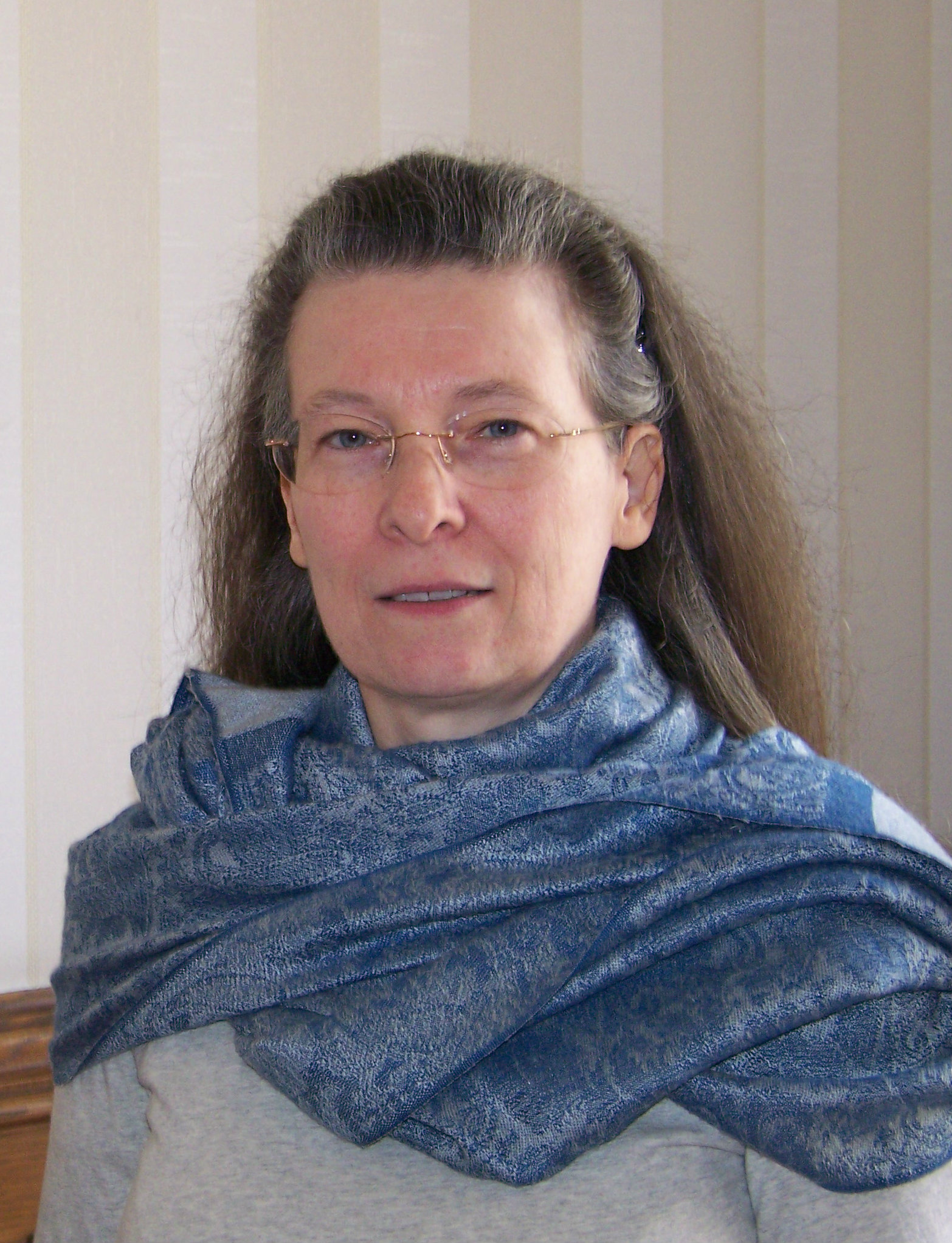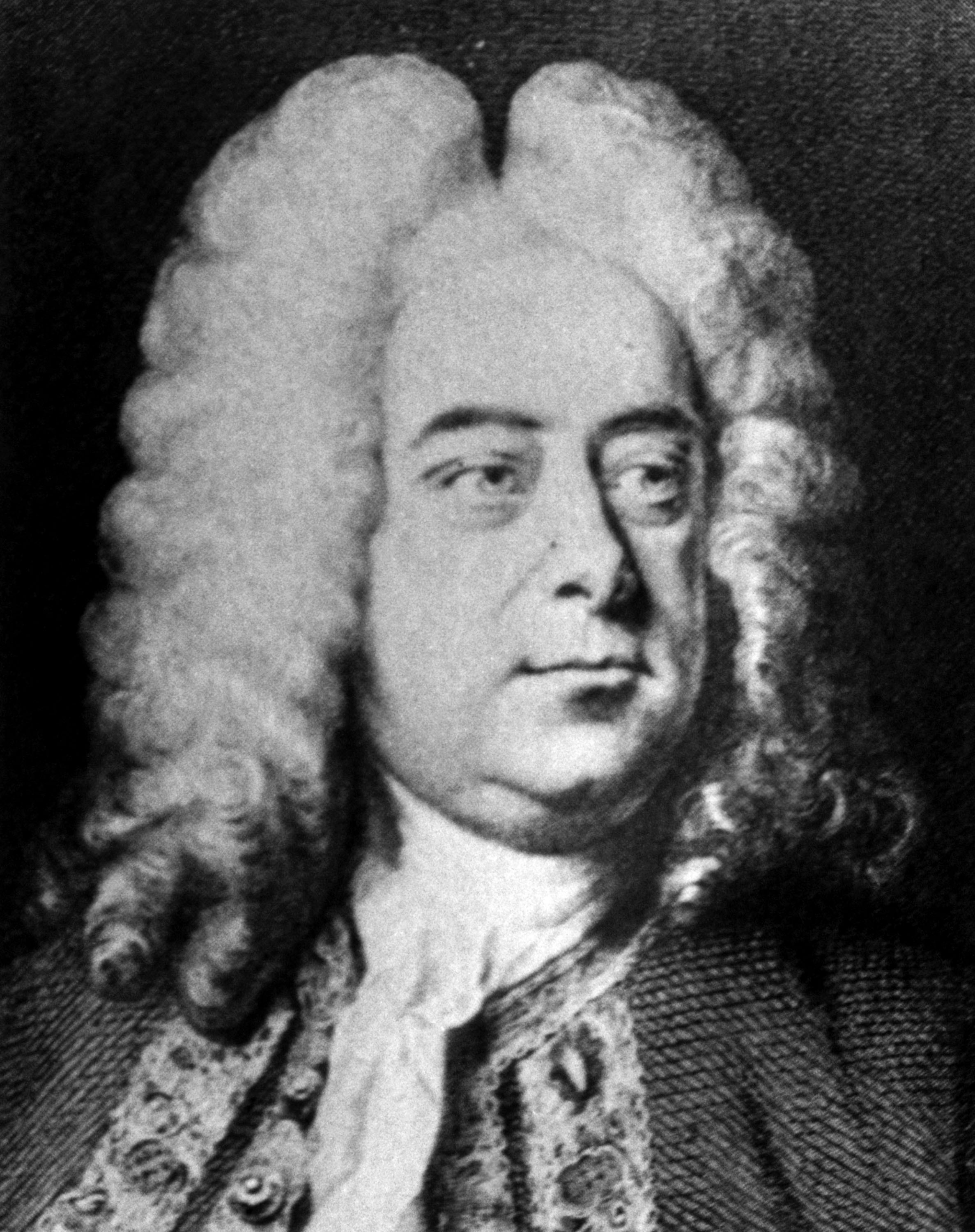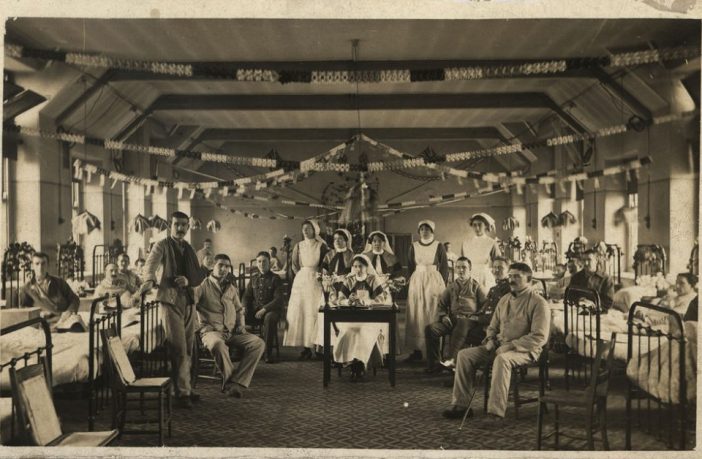Music is such an integral part of the Christmas season, and has been for centuries. Here senior lecturer in music, Elaine Moohan, shares some of the accounts of Christmas music captured by the OU’s research project – the Listening Experience Database.
Memories of music at Christmas

Dr Elaine-Moohan, Senior Lecturer in Music in the department of music
In the weeks leading up to Christmas we seem to be surrounded by music, not only in the usual places – shops, streets and hotel lobbies – but in places normally devoid of music such as train and bus stations and even museums. Are we listening to this music, or is it wallpaper? Something that is pleasant and inoffensive that makes no impression. Or do we regard it as an assault on the senses that makes us want to run away? For much of the time we probably keep these thoughts to ourselves, although it might be a topic for small-talk over a seasonal meeting with friends. But sometimes accounts of the music people hear have come to be written down – in a letter or a diary, for example. If we were to gather together these accounts of listening, we could be making a contribution to research.
The Listening Experience Database is doing just this. Collecting accounts that tell us where and when people listened to music, what the music was and how it made people feel, throughout the centuries, in a wide range of venues, and covering all musical styles. A search on ‘Christmas’ in our database produces a lot of results, from Samuel Pepys’ Diary of attending church in London on Christmas Day 1662 to the composer Ned Rorem writing about the first performance of one of his motets on Christmas Eve 1986. These are quite isolated incidents, but other entries reveal a thread of traditions for Christmas Day, either within a family or wider social gathering.
Performing at home for family and friends

Composer of Messiah, George Frideric Handel, 1685 – 1759
The mid-nineteenth-century Bunsen family seem to have had a tradition of performing extracts from Handel’s Messiah at home, accompanied by an organ. On Christmas Day 1849, Baroness von Bunsen recalls ‘The organ was in a corner, unseen, and Frances played the Pastorale as the troop [of 25 children]entered in procession. After all distributions and noise were over, Ernest sung ‘Comfort ye, my people’.’ A few years later, in 1855, Baron Bunsen, writing from Heidelberg, tells us ‘I was greeted by the soft organ tones … sounding forth from a hidden corner the ‘Pastorale’ of Händel and then the German ‘Chorale’, to which the voices of twenty children and many others … intoned the Hymn itself. … then we had ‘He shall feed His flock’ of Händel.’ These are beautiful accounts of intimate family music making. But wider social music making is also to be found in accounts for Christmas Day.
Early morning serenades
In rural Over Stowey in 1799, the village vicar William Holland describes how his ‘poor neighbours, workmen & c… staid till past ten o’clock and sang very melodiously.’ However, he notes that the Church Musicians that same day ‘had serenaded the Family this cold morning at five o’clock’, for which they were given half a crown. In 1809, the village singers were abroad even earlier – ‘The Singers were up early this morning to serenade us with Musick and a Christmas Carol at 3 o’clock in the morning.’
Carol singing in the Great War
Communal singing as part of celebrations for Christmas Day were not missed even in the most distressing of scenes of World War I. Nursing at a hospital in Étretat on the north French coast in 1915, Edith Appleton wrote ‘At five they [the patients]had tea … then after tea they settled down to a sing-song among themselves.’ The same year, Dorothea Crewdson, a nurse at Le Tréport, described how the medical staff went carol-singing around the hospital camp: ‘On Christmas Eve, we caroled gaily all about camp, a very pleasant episode…. A goodly number turned up. We assembled at church at 5.45 and were provided with hurricane lamps arrayed in red paper. We began our round with great verve… All did our very best and Keenan made the thing go with real swing. I never heard singing so good. We got numerous invitations to sing in the huts and went to a good many where we rendered one or two of our repertoire in best style before moving on. Had a harmonium with us for part of the time. We ended up at the YMCA and gave two carols outside there and then went in to sing ‘O Come all ye Faithful’.’
Three years later, working on a train transporting the wounded to hospital, Edith recounts how ‘Christmas was a great success with our men’. This is another communal entertainment where ‘The rule of the concert was that everyone had to do something. Some sang well – some very badly – and some did card tricks… Behind the scenes the gramophone played some gooey piece and the band played to the tune of it. Corporal Fox was funny and the whole thing had everyone weak with laughter… [W]e finished up with ‘The Soldier’s Farewell, two Christmas carols, ‘Auld Lang Syne’ (all holding hands crossways) and ‘God Save the King’. As good luck would have it the train was still during the whole concert and only moved at 11.45, just when we were singing ‘God save the King’.’
About the Listening Experience Database
The Listening Experience Database project is a collaboration between the OU, the Royal College of Music and (in its second phase) the University of Glasgow. It was awarded a £0.75m grant over three years from 2012-15 and a further grant of £0.98m from 2016-19 by the Arts and Humanities Research Council.
Share your story
Perhaps some of these accounts strike a chord with things you have read in letters or diaries that belong to your family. We would love to hear from you if you have material you would like us to add to the Listening Experience Database – go to the Listening Experience Database website or email us at FASS-listening-experience@open.ac.uk



